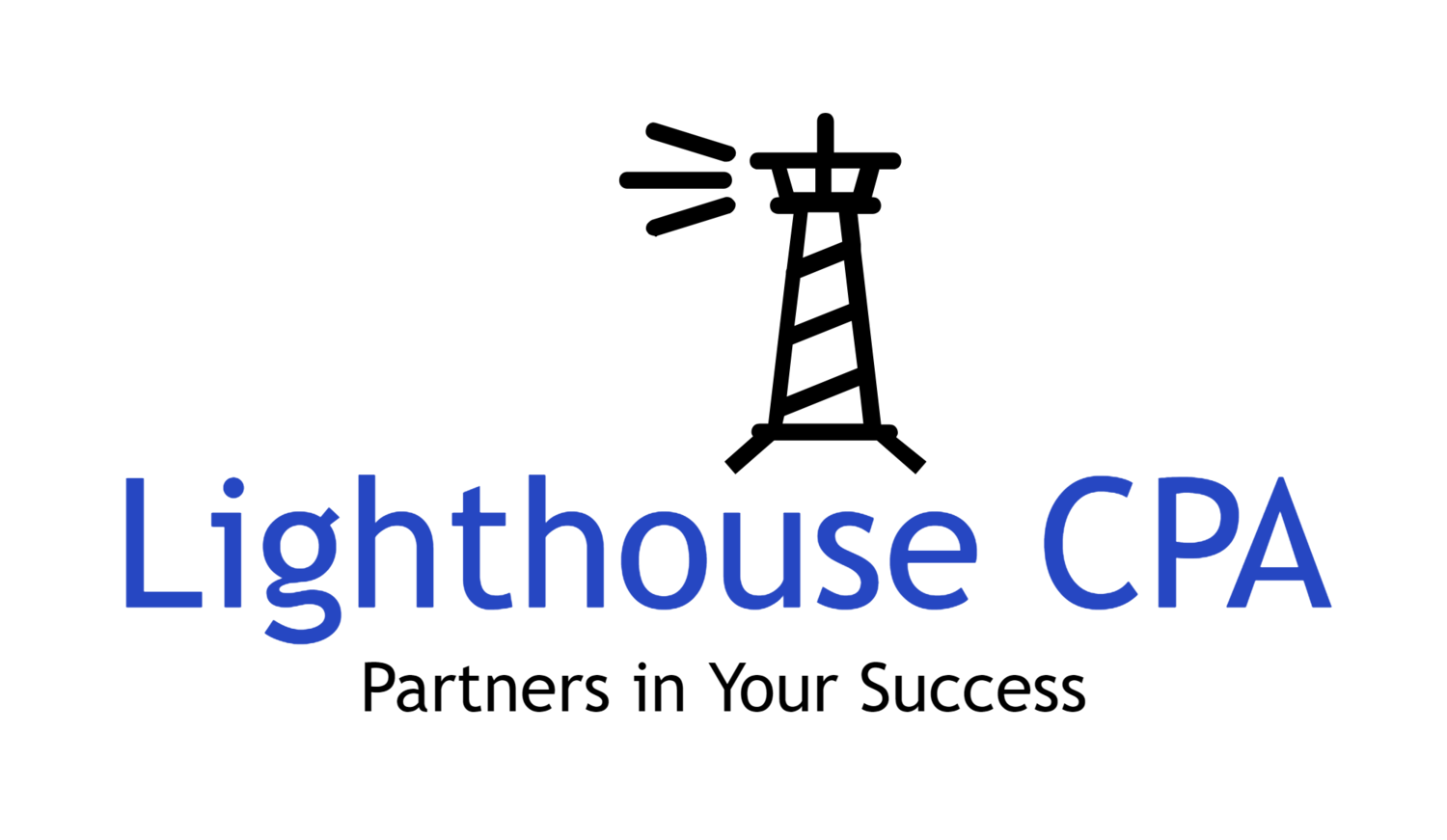Hello All,
Welcome to the Lighthouse Associates blog, hope this information is helpful…..
__________________________________________________________________________________________________
One of a CPA’s priorities is keeping their clients off the IRS “naughty” list,
Wanted to pass along some good info on audit red flags from a great book from Martin Kaplan, What the IRS doesn’t want you to know….reaffirmed recently by Mayo (Will Farrell) from the critically acclaimed film Get Hard
Audit Red Flags, Part I
Millions of taxpayers live in fear of being on the IRS Audit radar, although there are no guarantees, there are some traits of returns IRS Auditors look for, red flags that may end up getting you on their hot seat.
The IRS considers any taxpayer with more opportunity to hide income or inflate deductible expenses, as a higher risk of tax fudging, or even fraud.
Easy targets for the IRS to identify
- · The self employed
- · People who work out of a home office
- · Independent contractors
- · Cash intensive businesses
- · Non-filers
- · Tax cheaters – omission of income
- · Tax delinquents
By definition of sole proprietor is the necessity to file the Schedule C with a 1040 form. While Schedule C requires you to define the type of business, occupation, it’s also a wonderful way to deduct business expenses dollar for dollar to business income. You have every opportunity to under-report your income and also to convert personal expenses to business
How to protect yourself or your clients?
A heavy concentration of expense items is a valuable indicator for the IRS, ratios are a critical factor. If you try to write off $25,000 in travel & entertainment out of a $50,000 income from a business, you’re going to get IRS attention. A cash based business is also another favorite target of IRS enforcement.
If you do get that dreaded letter, an auditor will typically ask for Form 4700 (IRS Examination)
- A description of the business, number of years operating
- Number of employees, bookkeepers name
- Amount of cash in the business at the start and end of year
- Name and address of your bank
- Method of accounting, cash, accrual
- Outstanding loans due to or from the owners of the business
- Business expense verification
- Copy of prior year tax return
Home office deduction:
You can take a home office deduction if your principal place of business is where you perform administrative or management activities, provided there is no other fixed location. That home office must be used exclusively for business on a regular basis.
Form 8829 is an IRS weapon for getting a grip on taxpayers taking the home office deduction. Form 8829 can single out your tax return for scrutiny.
How to defend the home office deduction:
First, make sure you maintain a separate telephone number for business purposes only. Make sure your business correspondence is sent to you home office address rather than a corporate or other office somewhere else. Also, make sure you understand what benefits the home office deduction offers and how to make the best use of them. You can deduct depreciation on the business portion of your principal residence, depreciation on equipment, furniture, and the business portion of your transportation expenses.
Need to know:
- · Percent of home space used as an office
- · Number of square feet
- · Depreciation of the home or place of business
- · Depreciation of equipment and furniture.
Summary
You can take the home office deduction if you can show the office is used exclusively for business purposes regularly and there is no other fixed office location. Be prepared to back up your deduction with data; your mortgage statement, property tax statements, any depreciation schedules, etc. Remember, its an audit red flag, and if its a large deduction in proportion to your income, you will likely get IRS attention, be sure you're able to back up your claim.
Thank you,
Lighthouse Associates, Certified Public Accountants
Sources:
Martin S Kaplan, CPA, What the IRS doesn’t want you to know, 9th Edition, Wiley & Sons, 2004
Mayo Get Hard “Home office deduction scene"

